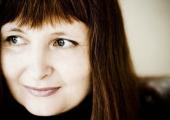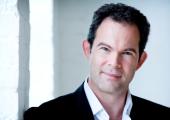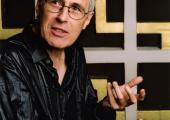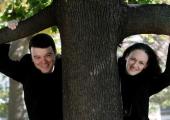L'Arpeggiata, Wigmore Hall

A little too much formality for a group at their best unbuttoned
Turning every concert into a party, baroque ensemble L’Arpeggiata are performers in the truest sense. Too often early musicians get away with being shy or downright awkward, visibly uncomfortable when forced to introduce an encore. Not so with these European virtuosi, whose signature improvisations give each member (yes, even the percussionist) the chance to step into a starring role. And don’t get me started on the baroque rap that concluded the group’s most recent London concert…









